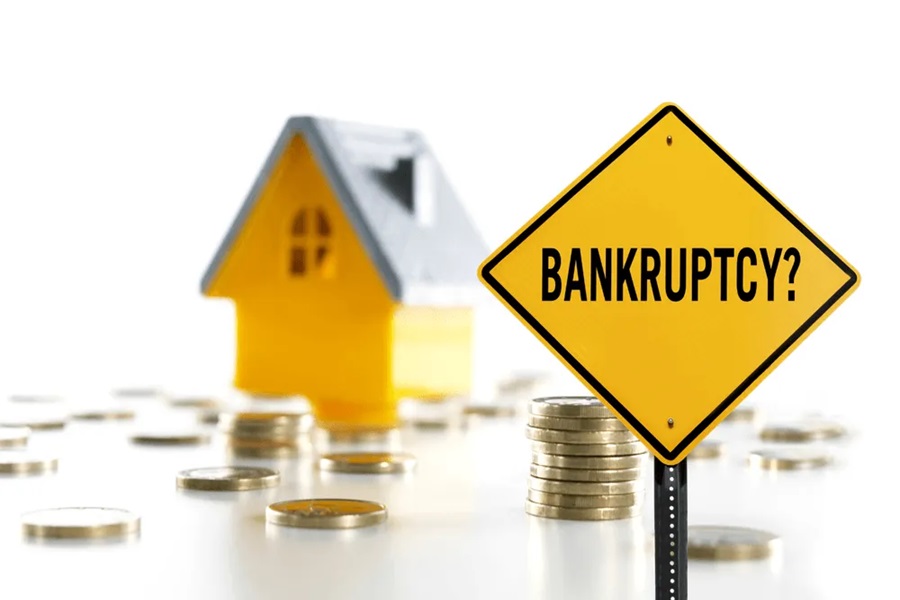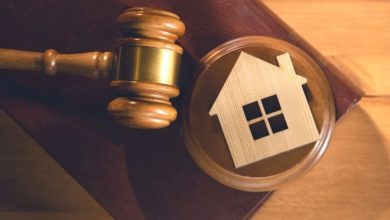People are often afraid of filing bankruptcy in Georgia because they think that they will lose everything they own. However, this is generally unfounded as Georgia bankruptcy exemptions help filers protect their hard-earned assets.
Exemptions include a vehicle exemption of $3,500 and married co-filers can claim two vehicles. Additionally, qualified pension and retirement accounts are exempt along with tools of the trade, alimony and child support.
Homestead Exemption
A common fear individuals have of filing for bankruptcy is whether or not they will lose their homes, cars, retirement accounts and other assets. Thankfully, Georgia law provides a number of exemptions that prevent this from happening.
Among these is the homestead exemption, which exempts up to $21,500 worth of value in real estate for individuals who use it as their primary residence. This amount doubles if both spouses share ownership.
Additionally, the state’s motor vehicle exemption allows up to $5,000 in equity stakes in vehicles. This can protect even pricier models of vehicles. The wildcard exemption also has ramifications for motor vehicles, giving residents the ability to use any unused homestead exemption equity toward saving their vehicles.
Individuals who file for Chapter 7 and Chapter 13 bankruptcy both receive the benefit of a stay, which stops all collection attempts by creditors. However, secured creditors can repossess assets if the debtor fails to make payments.
Personal Property Exemption
Many individuals and couples who consider bankruptcy worry that they will lose all their property. However, this is not always the case. Georgia offers exemptions for personal property such as vehicles, household goods, tools of the trade, and more. Additionally, if a debtor does not use all of their homestead exemption, they can apply up to $10,000 of the unused amount toward protecting personal property. Additionally, federal exemptions may be available to protect certain disability benefits and retirement accounts.
The personal property exemption in Georgia is set at $5,000, which is very generous. It is especially helpful as most items that individuals own have depreciated significantly over time, meaning that they do not usually carry much in the way of resale value. However, some items have a high resale value, such as a baby grand piano, which is why each item’s cap of $300 is so important. A knowledgeable attorney can advise individuals and couples on what assets are safe to keep when filing for bankruptcy.
Wildcard Exemption
Many people worry that filing for bankruptcy means they have to give up their home or car. Fortunately, Georgia’s wildcard exemption allows individuals to protect some equity in their property and keep it.
The wildcard exemption allows filers to use any amount of the homestead exemption’s unused portion to protect property not covered by other state-specific exemptions. For example, Georgia residents can use their wildcard exemption to protect a vehicle or other object up to $1,200 in value.
The federal bankruptcy code lets each state establish its own rules regarding the property that residents can keep when they file for bankruptcy. While this may seem confusing, reviewing Georgia’s bankruptcy exemptions and consulting with an experienced attorney can help individuals and couples understand how the law applies to them. This information can also help them decide whether or not bankruptcy is the best option to resolve their debt problems. If so, they can start the process with confidence.
Waiting Periods
Many people who are filing for bankruptcy in Georgia worry about losing their possessions. However, it is important to understand that not all property is subject to liquidation in bankruptcy. Georgia exemptions protect certain property, such as the homestead exemption and the wildcard exemption.
The Georgia homestead exemption exempts up to $21,500 in value of real estate that an individual or couple uses as a residence. It can be doubled if married co-habitants file jointly. The unused portion of the homestead exemption can also be applied to motor vehicle and personal property.
Additionally, a debtor can claim the wage exemption to protect up to 75% of his or her wages. This includes alimony and child support payments. It also applies to Social Security disability benefits.
Finally, the tools of the trade exemption allows individuals to keep equipment that is necessary for their work. This can include everything from saws to laptops. This is in addition to the unused portion of the homestead or wildcard exemption.





